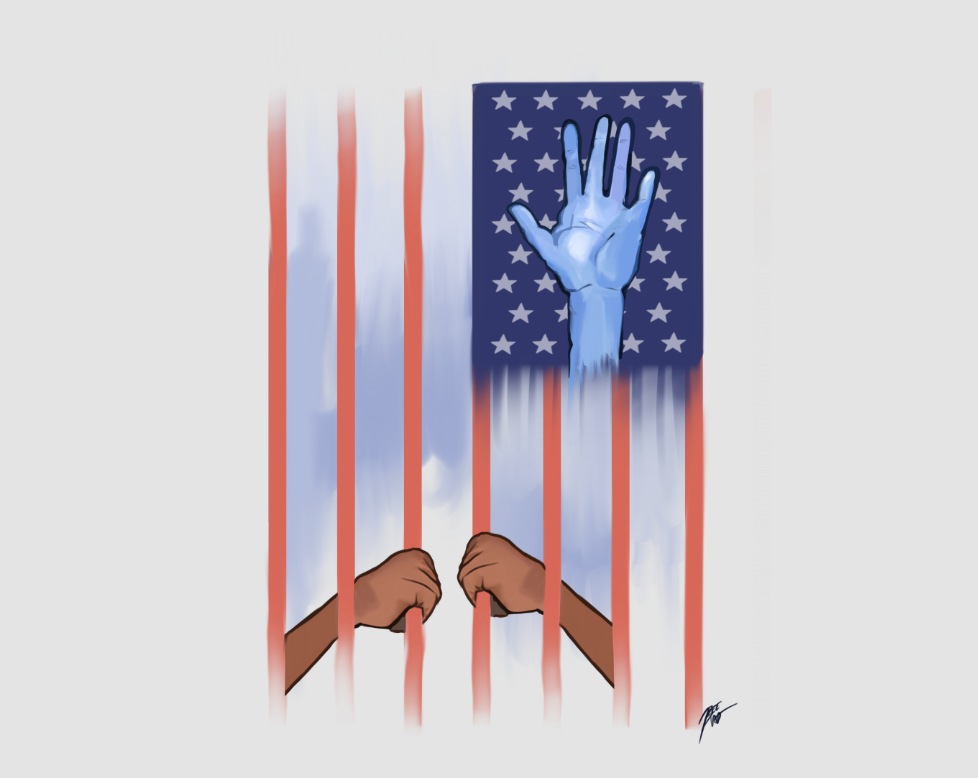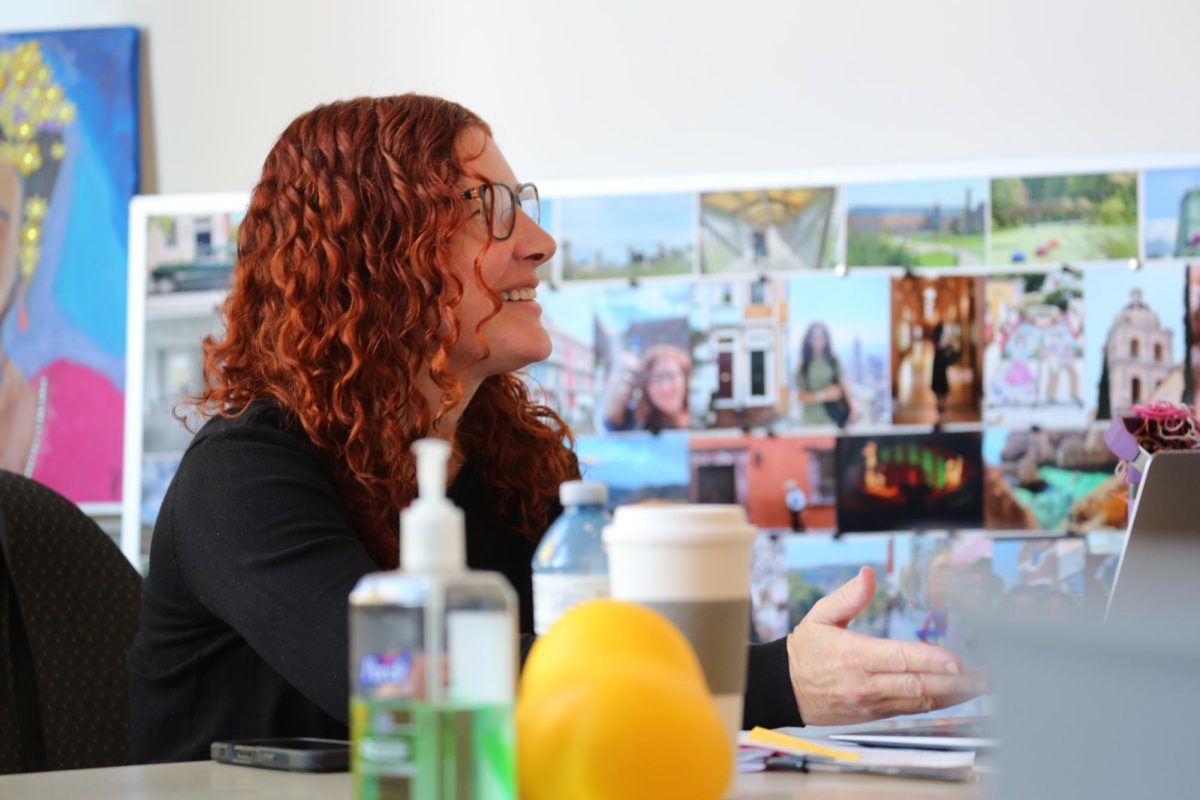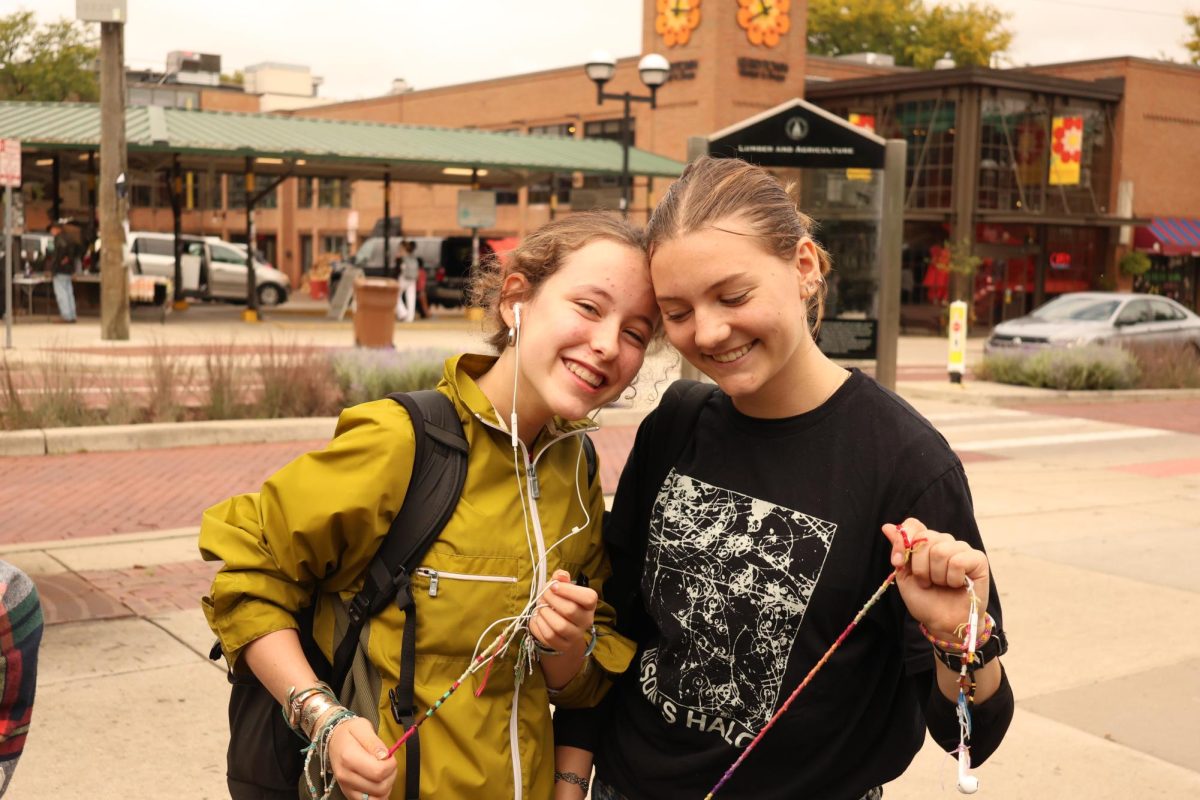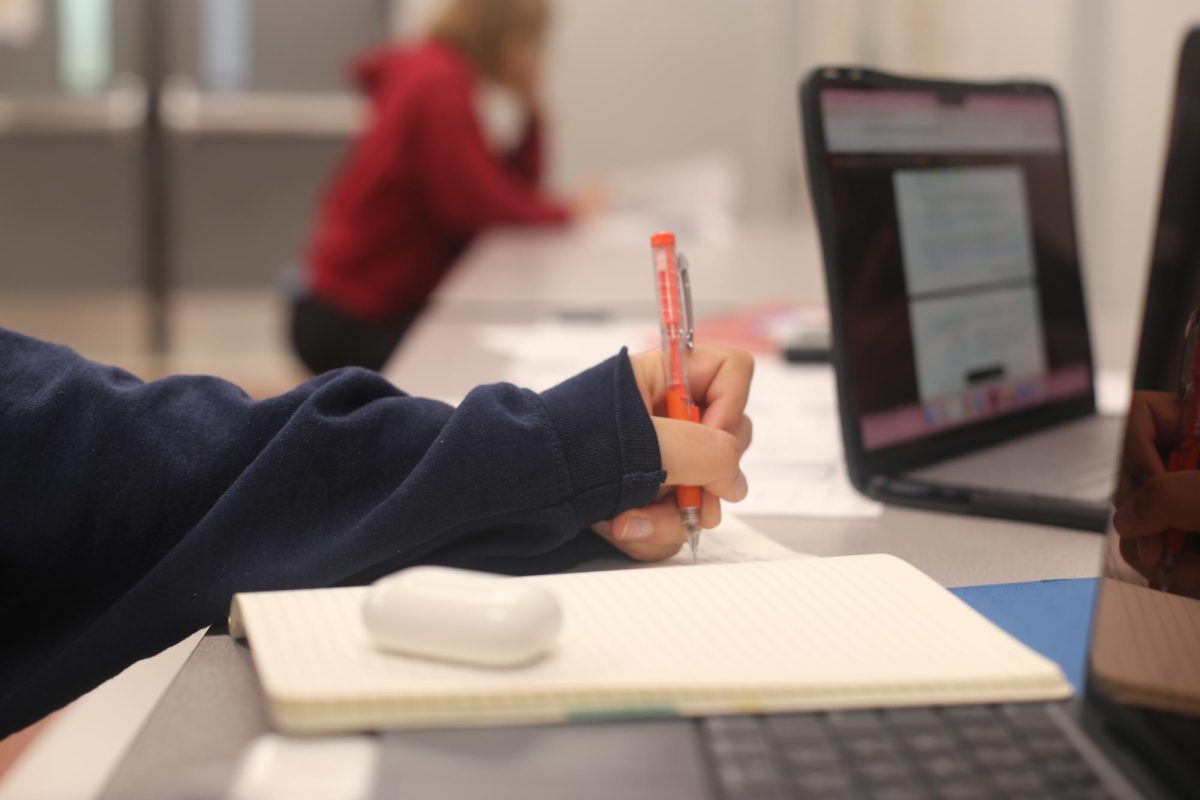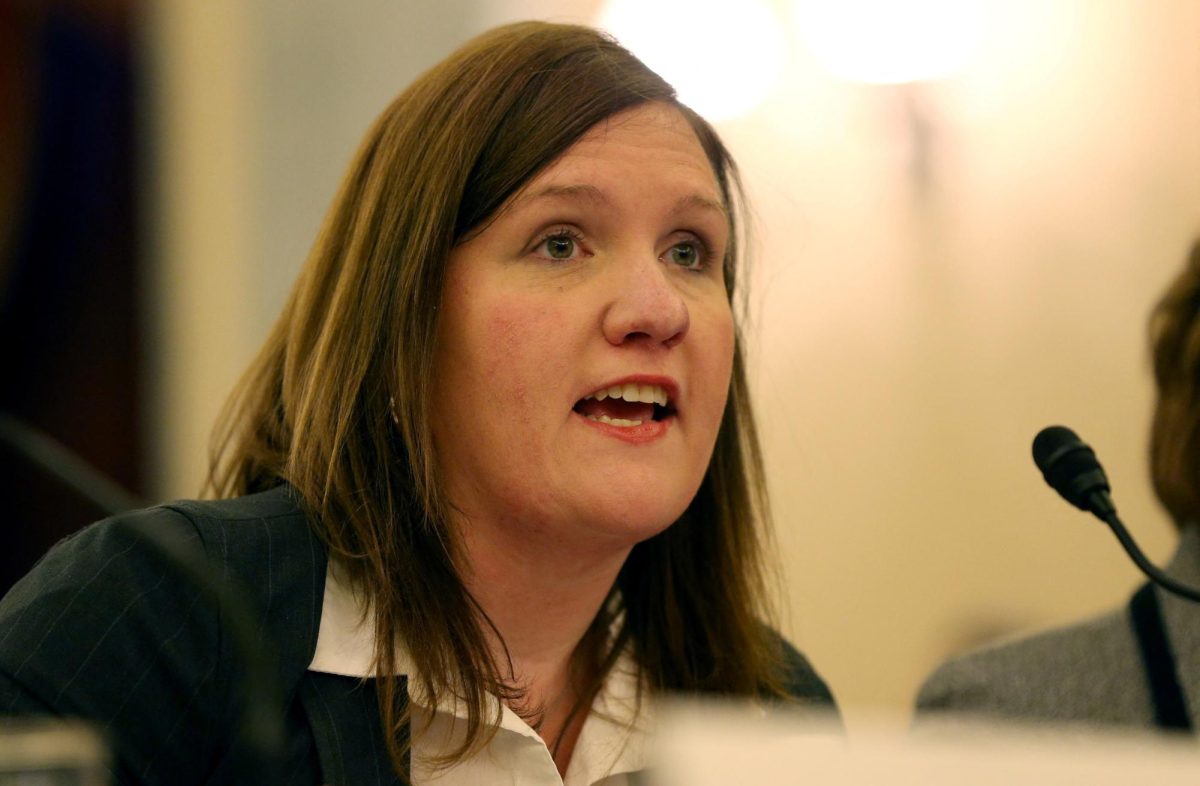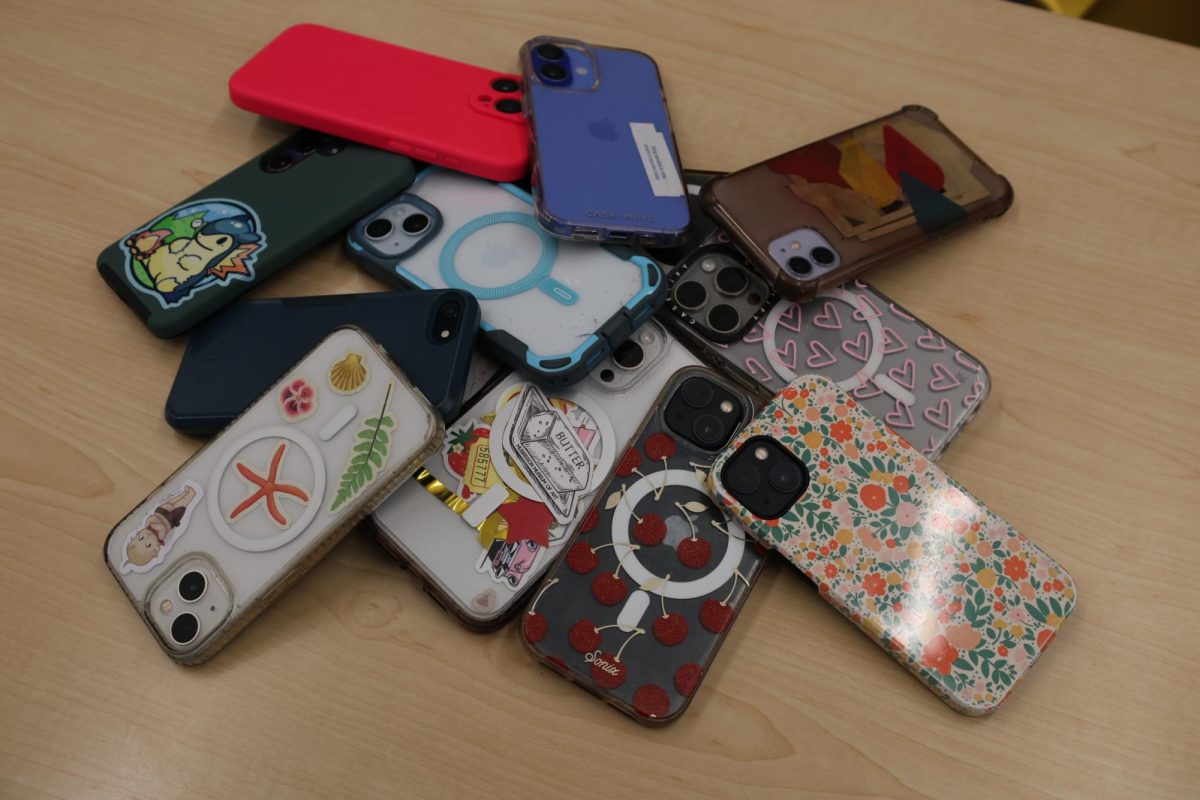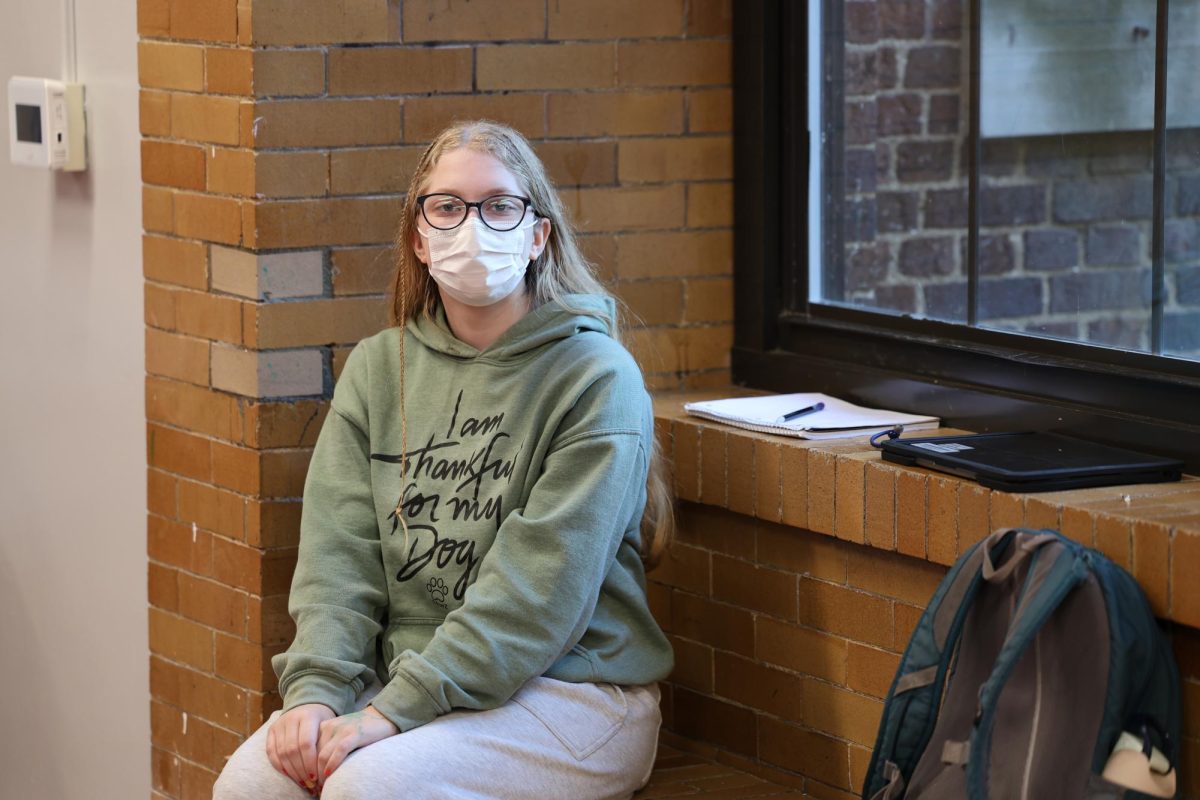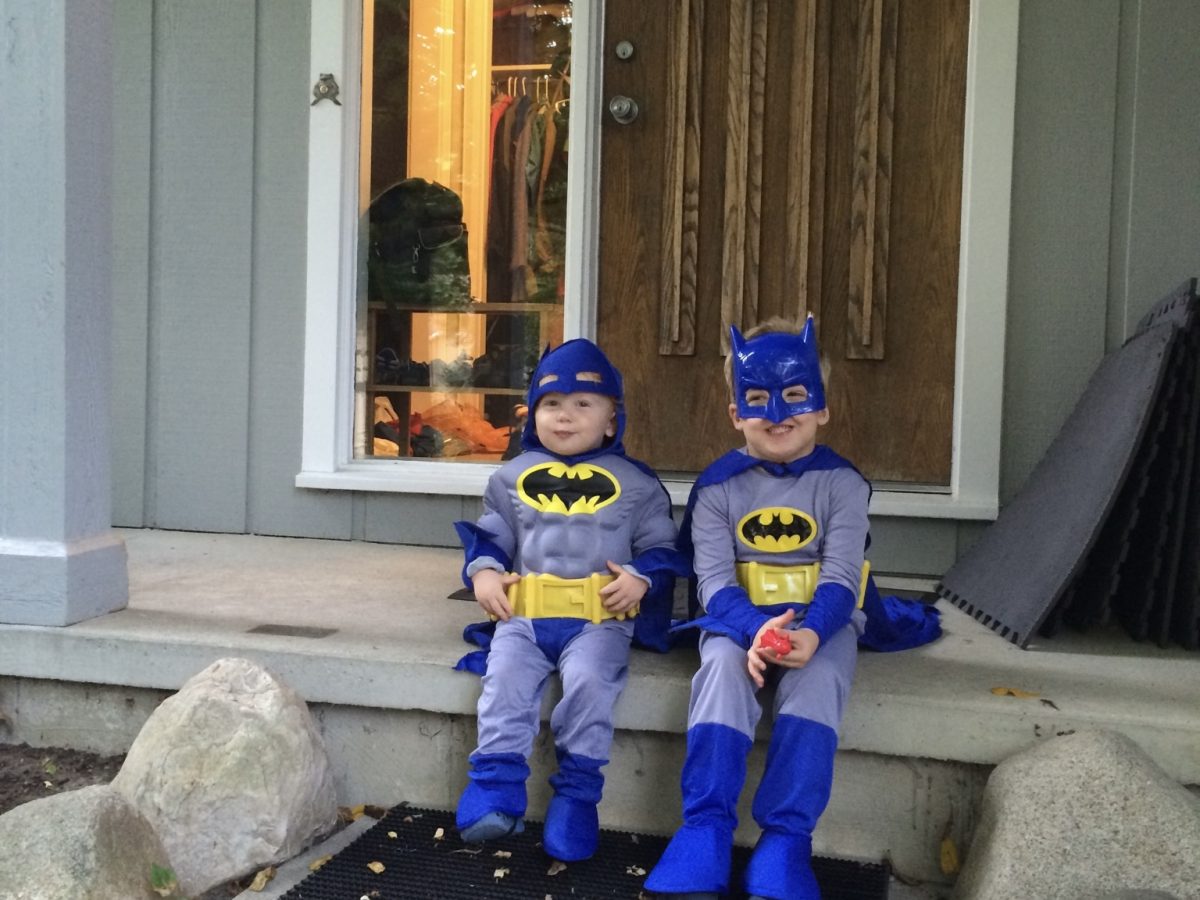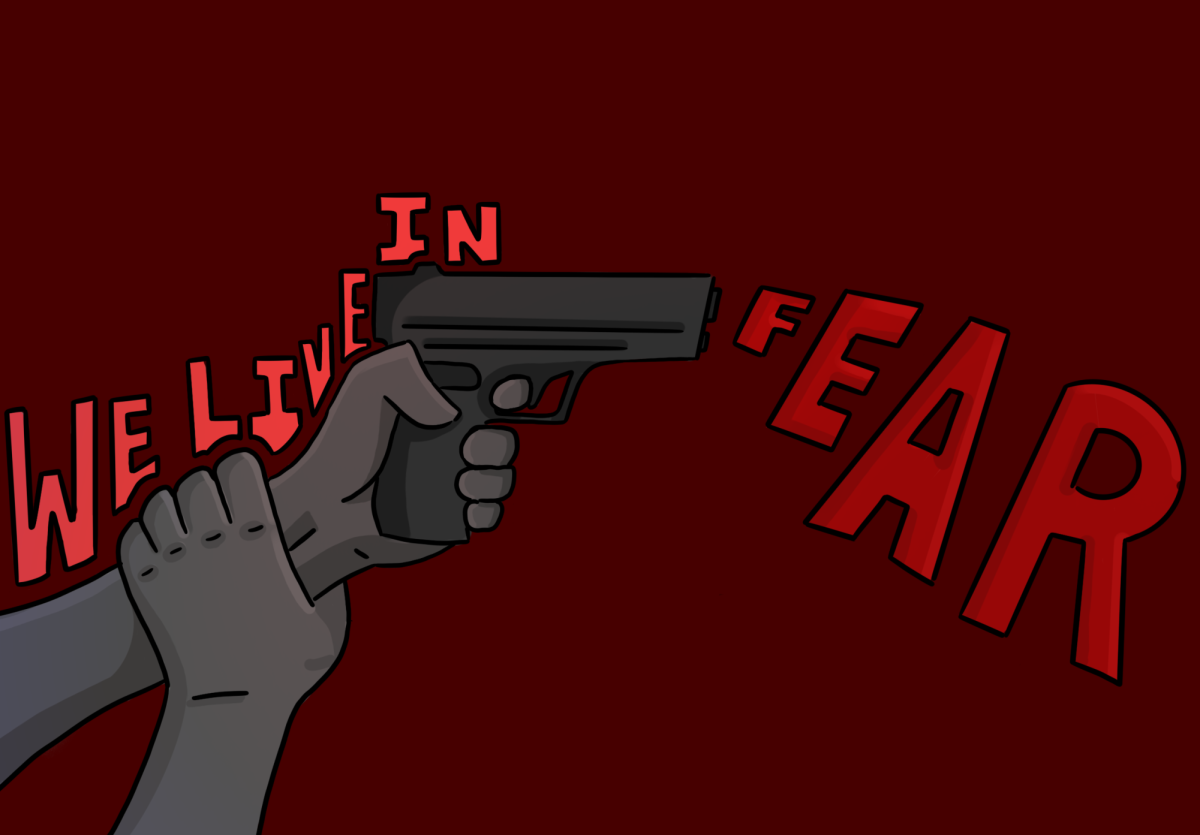We had the same name, but I never thought we weren’t going to have to same opportunities. Isabella and I had been neighbors and best friends since what felt like the beginning of time; we did everything the same. Besides having the same name, we were both Latina, we wore the same clothes, we had the same favorite shows. We were inseparable until the day Isabella’s family got deported.
I had yet to realize at the age of six that my best friend was not accepted in a place I called home because her parents trying to give her and her family a better life. So within a blink of an eye, my twin from another family was sent to a country that she had no memory of.
Isabella suffered from epilepsy, a condition that caused her to have uncontrollable seizures that could only be managed by medication that was only available in the US. Sending Isabella to Mexico was essentially a death sentence. In what world is it acceptable to deport a hard-working family just trying to keep their daughter alive to a country where they would have to fight every day to piece together their lives again?
That is why Deferred Action on Childhood Arrivals (DACA) is a critical program in the United States. On June 15, 2012, DACA was launched by the Secretary of Homeland Security, it allowed for people who came to the United States as children to defer deportation action for 2 years at a time so that they could work or go to school. According to the George W. Bush Presidential Center, “Dreamers are American in every way except their paperwork. Their citizenship status should reflect who they are.” DACA allows children of undocumented families who were brought to the United States by their parents to have the chance at a life that their classmates are guaranteed from just an American birth certificate.
In her experience as a Spanish teacher over the course of the past 19 years, Laurel Landrum has seen families deeply affected by the DACA program. In her first year of teaching, before DACA was put into action, a middle school student in Landrum’s class shared with her that his family was undocumented.
“I started to realize that he didn’t understand what being undocumented meant,” Landrum said. “Because he was undocumented his life was going to look radically different from what the life of his peers was going to look like when he got older.”
From the moment he shared his citizenship status with Landrum, her mind raced to all the ways he would never be able to live typical life because of the choice to bring him to America that was out of his control. From getting a driver’s license or getting a first job or even being able to attend college, he wasn’t going to be able to experience common milestones in the same way that his peers would.
“He was just stuck, he wasn’t gonna be able to do University in Mexico, he wasn’t gonna be able to do university in the United States,” Landrum said. “He ended up taking some classes at Washtenaw Community College and then DACA and Dream happened and everything changed.
As soon as Landrum’s student was able to apply to DACA, he did. He was able to get into the program and his future no longer hung in the balance.
DACA is an essential program to the US –- not only does DACA allow for people who don’t remember their “home country” to stay in the US, it is also an integral part of the US economy.
According to the George W. Bush Presidential Center, “Without the contributions of Dreamers— who have been able to apply for driver’s licenses, Social Security numbers, and work permits under the Deferred Action for Childhood Arrivals (DACA) program — the United States would lose $460.3 billion in GDP over the next decade and remove 685,000 workers from the economy. And yet DACA does not grant Dreamers official legal status or a pathway to citizenship.”
DACA is an amazing temporary solution to assisting undocumented families, but that’s just what it is – temporary. For a country that claims the be “the great American melting pot” its policies are not welcoming to immigrants from south of the border.
Klava Alicea, a CHS student and child of immigrants believes that America holds hope for the “American Dream” just inches away from immigrants’ fingers.
“Hope is when something is warm and welcoming and you see possibility and opportunities, but I think many immigrants aren’t welcomed with hope and hospitality,” Alicea said. Despite that sentiment, I don’t have hope for the future of immigration in the US, though I have an expectation that the policy needs to change for the better.
The past, present and future of America is built on the backs of migrants – America must follow through on the promise of the “American Dream.”



